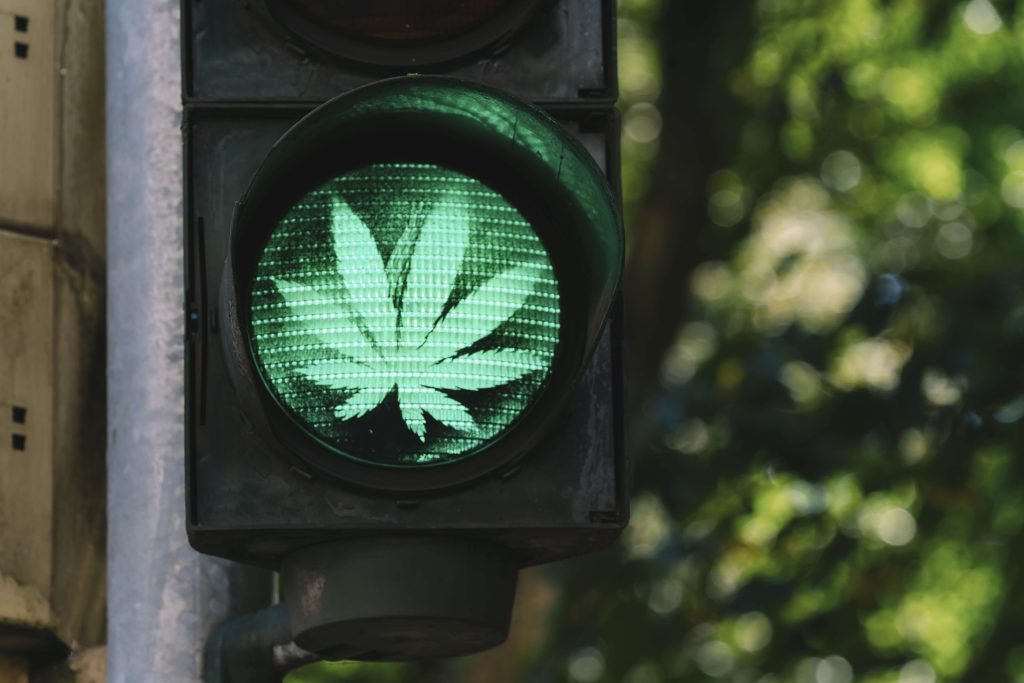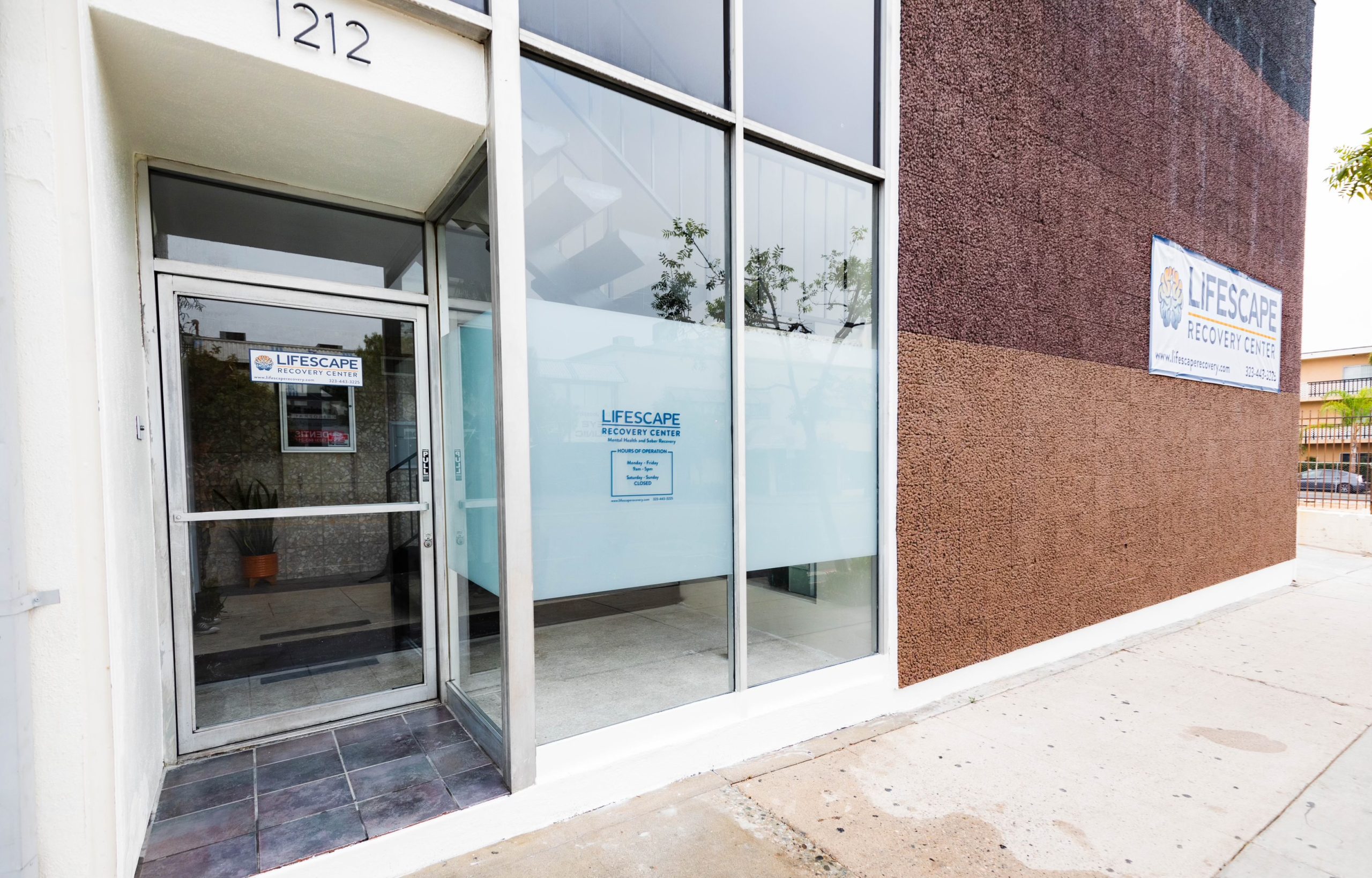What Does 420 Friendly Mean?
The term “420 friendly” is gradually becoming a common phrase in contemporary society. It frequently appears in social media updates, online profiles, and many other digital contexts. While the term might appear clear to some, it is crucial to delve into its actual definition and cultural relevance. This article aims to demystify the meaning behind “420 friendly” and shed light on its various implications. Join us as we unpack the nuances of “420 friendly” and its correlation to the acceptance and openness towards marijuana use.

Tracing the Roots
Understanding the term “420 friendly,” necessitates an exploration into the origin of the number “420.” Contrary to common misinterpretations, it does not refer to any law enforcement code or a fanciful tale concerning marijuana. Instead, its roots can be traced back to a group of high school students from San Rafael, California, in the early 1970s. These students dubbed the “Waldos,” would meet at 4:20 p.m. post-school to search for a rumored abandoned cannabis crop in the vicinity.
Their quest was unsuccessful, yet the term “420” became their clandestine code for marijuana use. The phrase, with time, spread amongst their peers and beyond, ultimately symbolizing cannabis culture on a broader scale. The relevance of 420 has now moved beyond its initial context and signifies a common understanding among cannabis enthusiasts.
Interpreting “420 Friendly”
Being “420 friendly” suggests acceptance and an inclination to engage in activities associated with cannabis. It’s an invitation for those who share similar perspectives to come together and indulge in the experience of marijuana, be it for recreational or medicinal uses. This phrase creates an atmosphere of understanding, dispelling judgment, and allowing individuals to express their true selves without fear of stigma.
For those who identify themselves as “420 friendly,” it serves as an effective shorthand to express their affinity for cannabis. It aids in finding companionship and forming connections with those who have similar lifestyles or value systems. Moreover, this phrase encourages open conversations about cannabis use, fostering a sense of community among enthusiasts.
Deconstructing the Implications and Misconceptions of “420 Friendly”
Despite the growing acceptance of cannabis use in many parts of the world, the term “420 friendly” can still give rise to some misconceptions. Some people may incorrectly interpret it as an expression of constant or excessive drug use, which is not necessarily true. The phrase acknowledges comfort with cannabis, but it does not indicate a commitment to continual or excessive use.
Promoting Sobriety and Health at Lifescape Recovery
At Lifescape Recovery, our main objective revolves around fostering sobriety, holistic healing, and mental wellness. Even though marijuana is legal in California and dispensaries are available for those of legal age, Lifescape Recovery adheres to a non-cannabis-friendly policy within our facility. We understand that cannabis can trigger addiction and may aggravate symptoms of co-occurring disorders. As such, we prioritize the safety and well-being of our clients by ensuring a substance-free environment.
Valuing Individual Recovery Paths
Even as Lifescape Recovery upholds a non-cannabis-friendly environment, we acknowledge that every individual’s recovery journey is unique. We respect diverse viewpoints surrounding marijuana use and recognize the ongoing discussions about its legalization and medicinal benefits. It’s worth highlighting once again that marijuana is legal in California, where Lifescape Recovery is based. This means that residents can search by city or county to identify which jurisdictions permit cannabis businesses and where consumers can safely access legal and tested cannabis products.


As we decode “420 friendly,” it is vital to grasp its cultural implications and meanings while maintaining our commitment to promoting sobriety and wellness at Lifescape Recovery. The term symbolizes acceptance and openness towards marijuana use, but within our facility, we prioritize client safety and well-being by adhering to a non-cannabis-friendly policy. Through evidence-based treatment methods, personalized care plans, and a supportive community, we enable individuals to overcome addiction and co-occurring disorders, guiding them toward lasting recovery and a healthier, more fulfilling life.
Published: July 04, 2023
Last Updated: November 07, 2023

Published: January 26, 2026
OCD vs. Autism: Understanding the Differences
Obsessive-compulsive disorder (OCD) and autism spectrum disorder (ASD) are often confused with one another. Both can involve repetitive behaviors, rigid routines, sensory sensitivities, and distress when things feel “off.” From the outside, the overlap can look striking. But in clinical treatment, the why behind those behaviors matters just as much as the behaviors themselves. At […]
Read more
Published: January 15, 2026
Obsessive-Compulsive Personality Disorder (OCPD)
People living with Obsessive-Compulsive Personality Disorder or OCPD often don’t see themselves as struggling with a mental health condition. They see themselves as responsible. Disciplined. Reliable. The person who holds everything together when others fall apart. But beneath that structure, many feel chronically tense, emotionally restricted, and exhausted by the pressure to do everything “the […]
Read more
Published: December 15, 2025
Why Mental Health & Addiction Spike During the Holiday Season?
The holiday season is often described as a time of joy, connection, and celebration. Yet for many individuals, it is also a period marked by increased emotional distress, worsening mental health symptoms, and a higher risk of substance use and relapse. Research consistently shows that rates of anxiety, depression, and addictive behaviors rise during late […]
Read more
